The Los Angeles Times tells the story of Topacio Reynoso, a farmer’s daughter from a remote village in Guatemala who, at fourteen, “devoted herself to opposing construction of a large silver mine planned for a town nearby”.
Launch
Offering asides, recommended links, blogworthy quotations, and more, In Brief is the Northwest Progressive Institute's microblog of world, national, and local politics.


The Los Angeles Times tells the story of Topacio Reynoso, a farmer’s daughter from a remote village in Guatemala who, at fourteen, “devoted herself to opposing construction of a large silver mine planned for a town nearby”.
Launch
“These satellite images of a small part of the Arctic National Wildlife Refuge show the site of what, so far, is the only oil well ever drilled in the refuge, an exploratory well known as KIC-1 that was completed in the mid-1980s. The well was plugged and abandoned, and the drilling equipment and a special timber pad it sat on have long since been removed. “
Launch
Washington Senator Maria Cantwell is trying to nix the Republican Party’s latest attempt to open the Arctic Refuge to oil drilling.
Launch
There will be no food in Puerto Rico… There is no more agriculture in Puerto Rico. And there won’t be any for a year or
Launch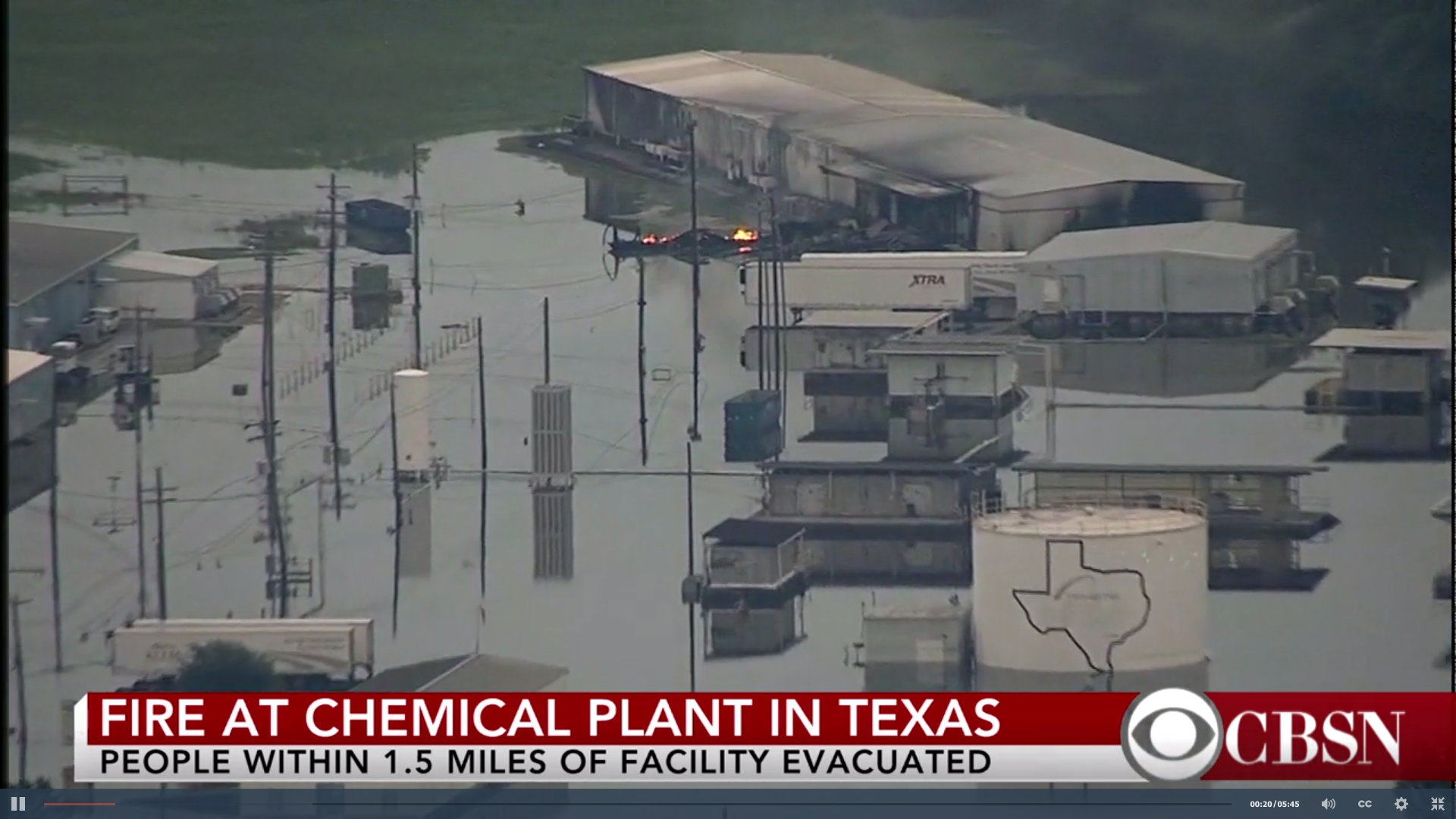
“The French company that says its Houston-area chemical plant is spewing ‘noxious’ smoke — and may explode — successfully pressed federal regulators to delay new regulations designed to improve safety procedures at chemical plants, according to federal records reviewed by International Business Times.”
Launch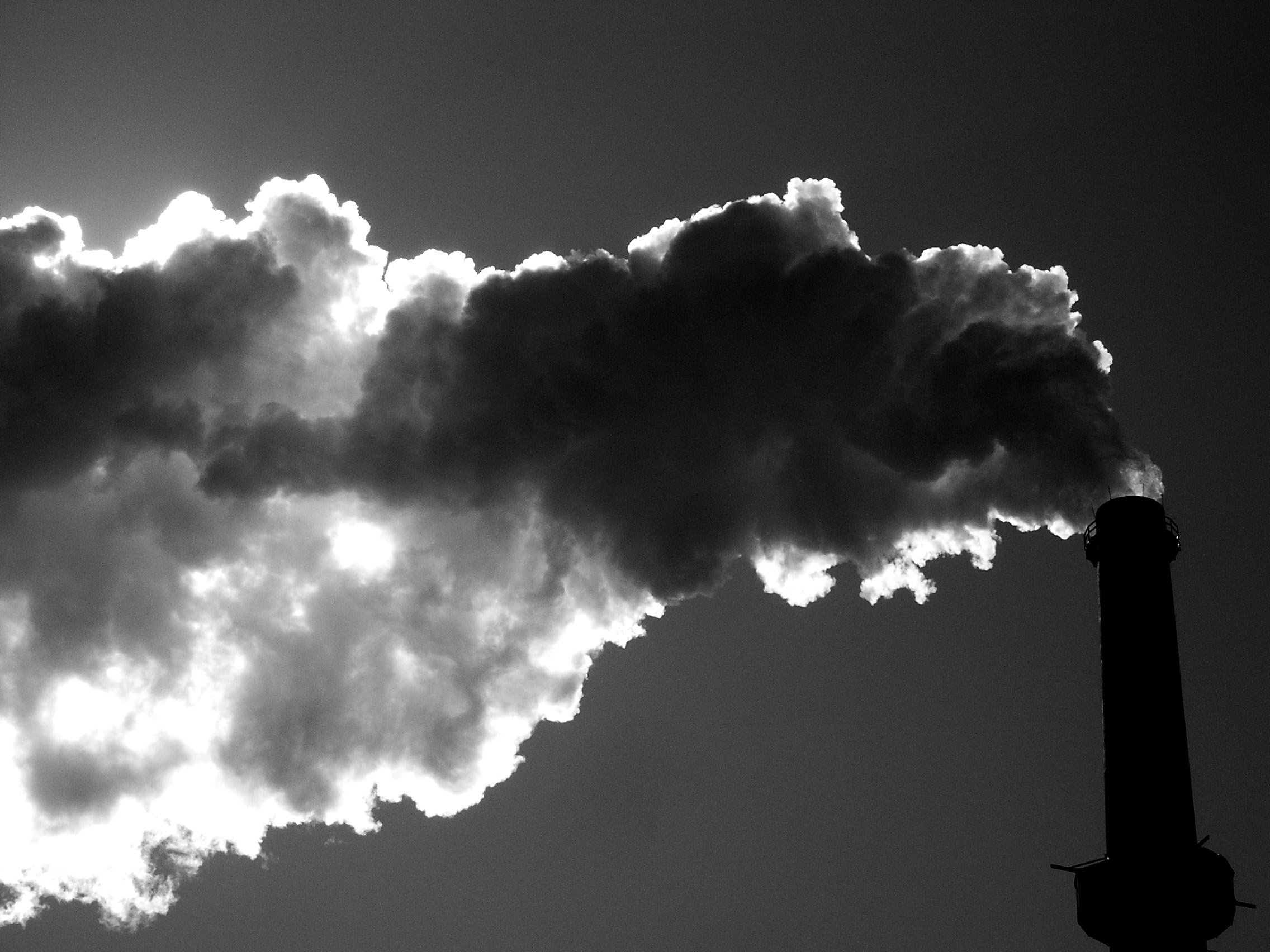
“The Department of Ecology should therefore take a firm stand on behalf of sound science and strike a resounding blow against unreason by denying the permit for this unpopular, poorly conceived project.”
Launch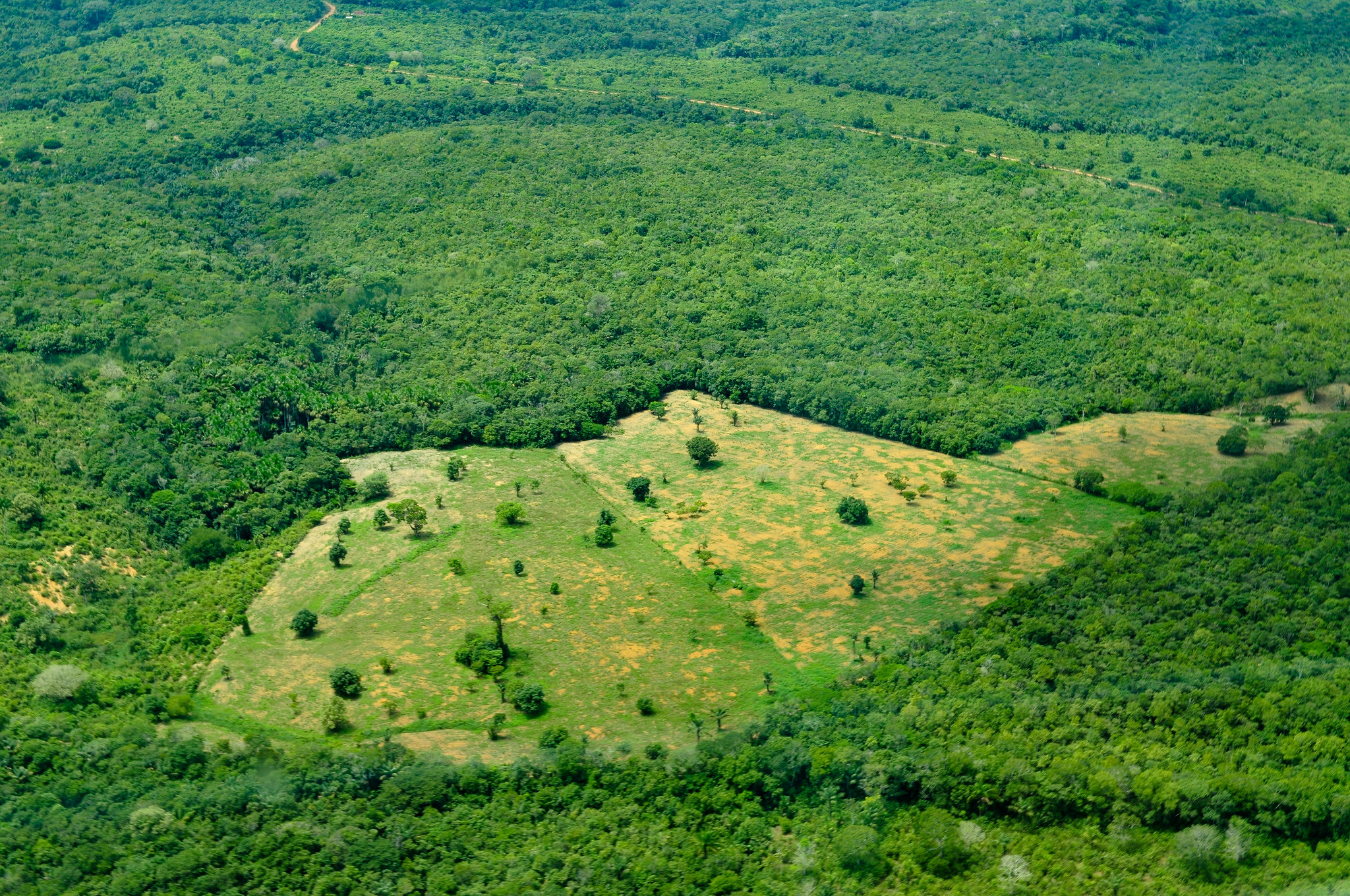
Via the BBC, a victory (at least for now) over a blatant attempt to allow the forces of greed to wreak havoc in the Amazon: “A Brazilian court has suspended a government decree that would open up a vast natural reserve in the Amazon to commercial mining. The area covers 46,000 sq km (17,800 sq miles) and is thought to be rich in gold, manganese and other minerals. On Monday, following widespread criticism, the government revised the decree, prohibiting mining in conservation or indigenous areas.”
Launch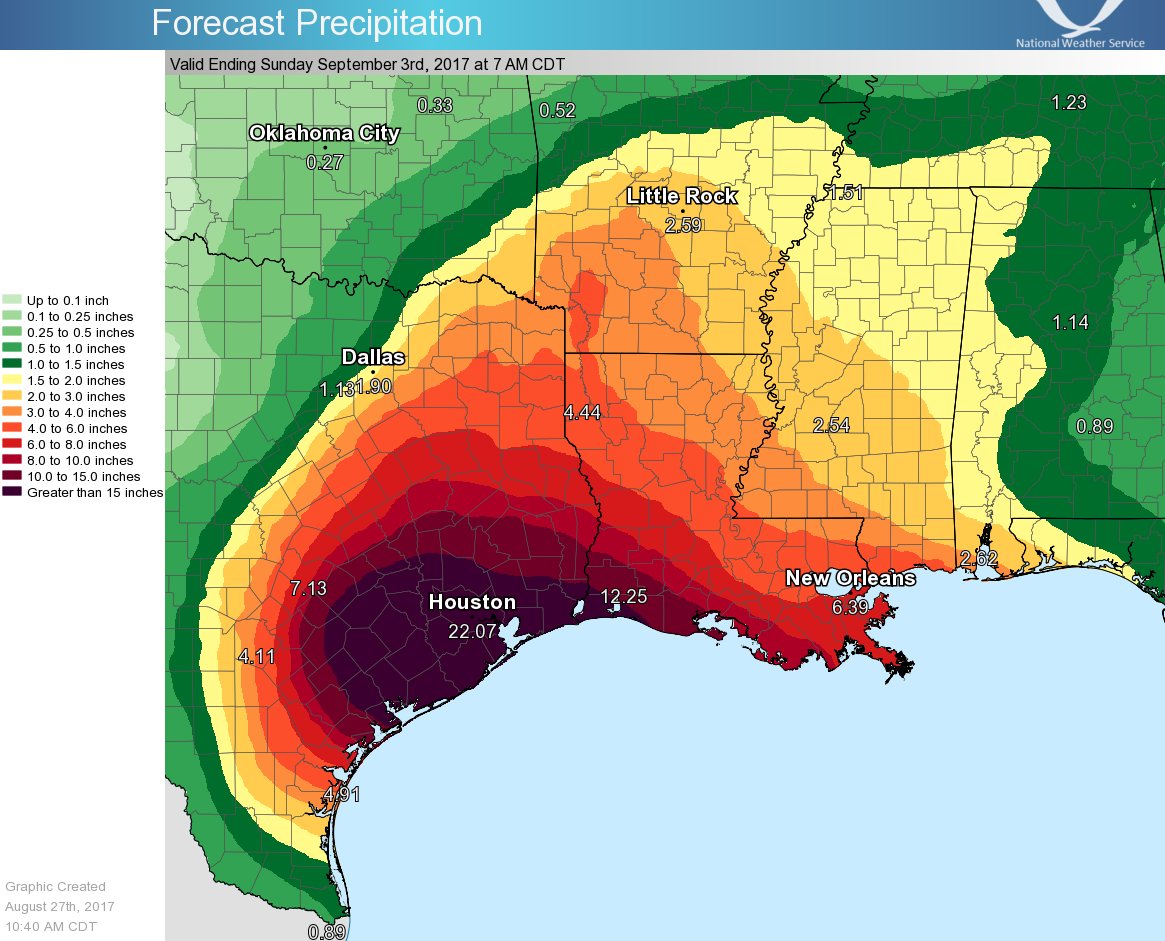
The BBC talks to climate scientists about the connection between the catastrophic flooding in Texas and Earth’s warming climate. Global warming has resulted in an atmosphere that can hold more moisture and hotter seas, conditions which are making storms like Harvey much more severe.
Launch
It’s not just the Trump regime that is harming our environment. The BBC reports that the government of Brazil has “abolished a vast national reserve in the Amazon to open up the area to mining”. Conservationists are — appropriately — gravely distressed.
Launch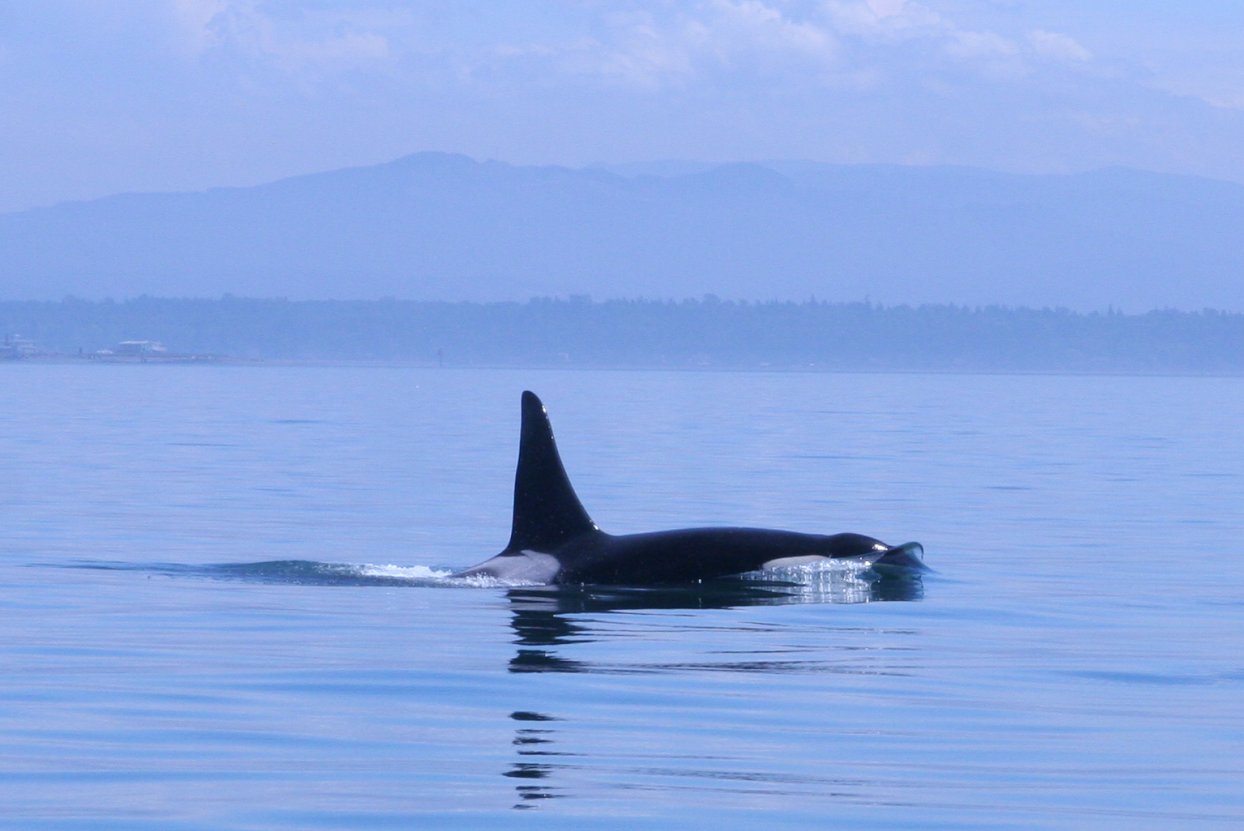
Trump’s minions gutted rule created at the behest of the fishing industry to protect whales and sea turtles just because they could. The well-being of wildlife is no concern of theirs.
Launch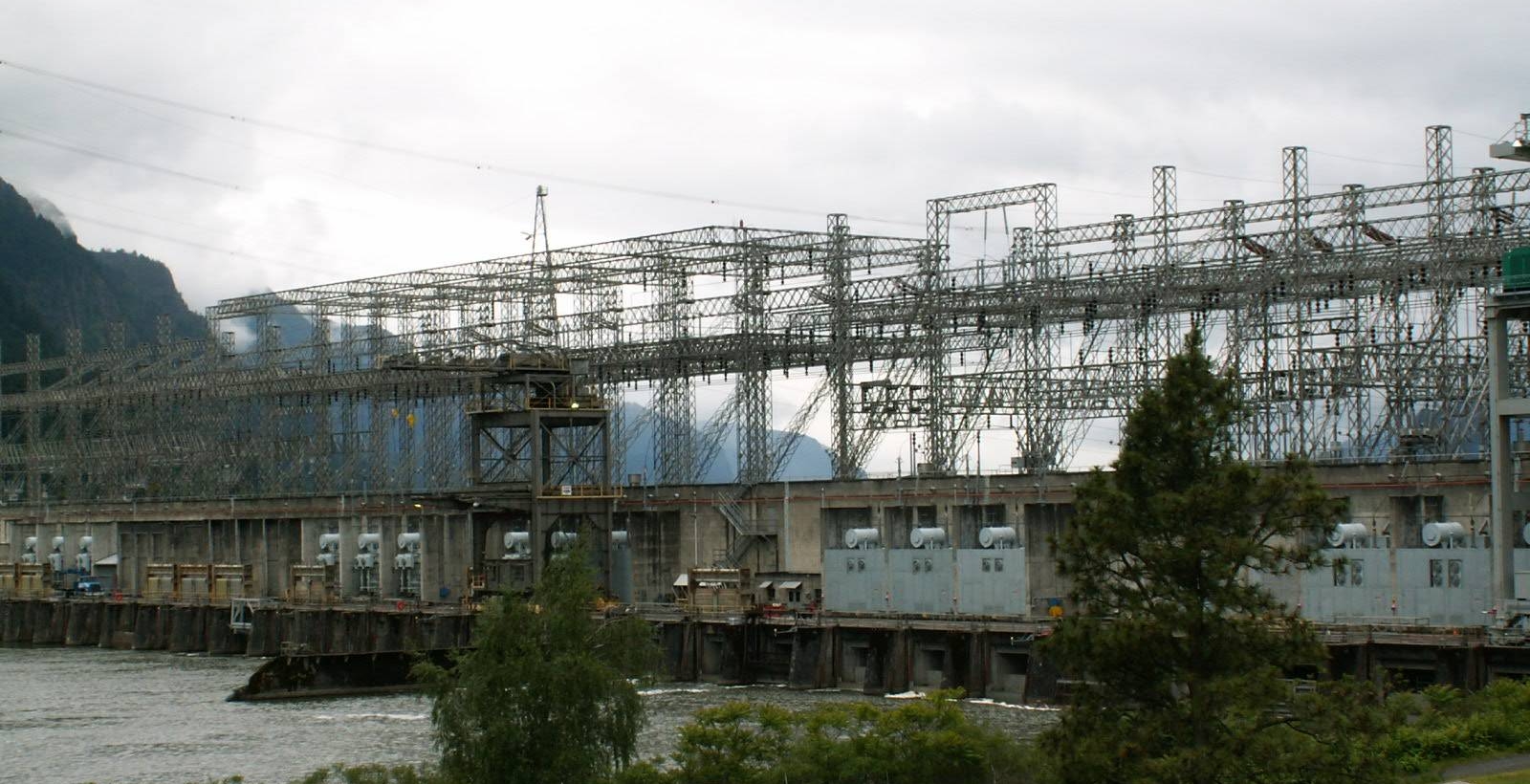
The regime of Donald Trump may be enthusiastic about privatizing the Bonneville Power Administration, but Republicans in the Pacific Northwest are not.
Launch
Chris Matyszczyk: “After Donald Trump’s staged announcement that the US would be withdrawing from the Paris Climate Accord, the people who sometimes give you the right weather reacted with a coruscating collage of disbelief.”
Launch
In a groundbreaking rebuke of the company’s management, a supermajority of ExxonMobil shareholders approved a nonbinding resolution that calls for an open, transparent accounting of the risks posed to its business by policies aimed at reversing climate damage.
Launch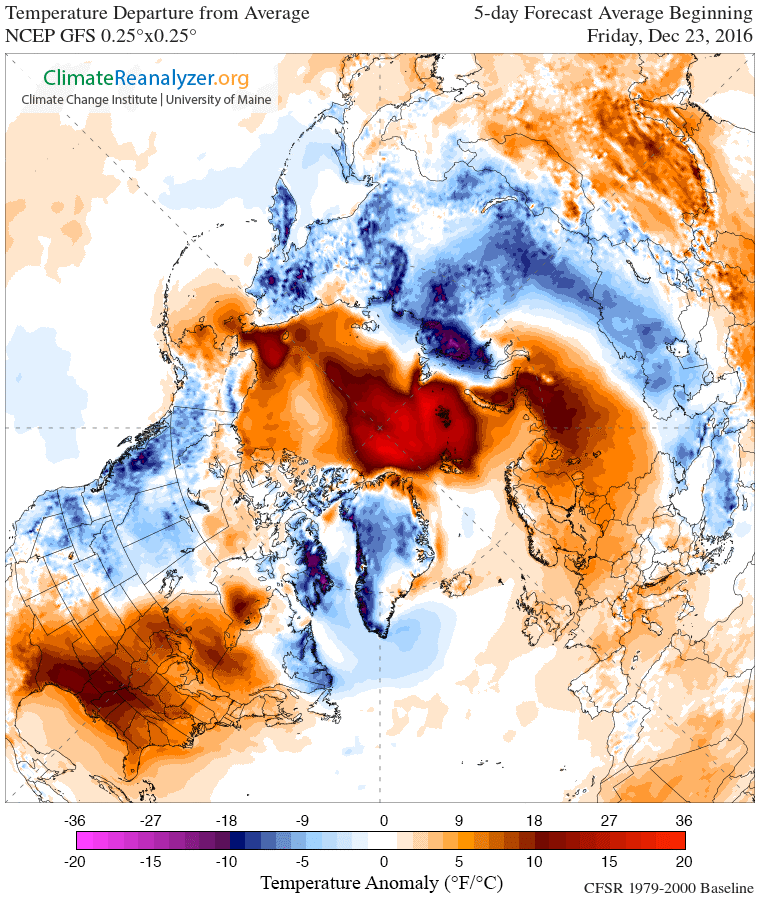
“Meanwhile, the nation that landed men on the moon and pioneered so many scientific breakthroughs has pulled into a shell of selfishness and denial. Future generations will curse us.”
Launch
If the Legislature is not prepared to create a carbon tax that is scaled to meet the challenges we face, it will be up to
Launch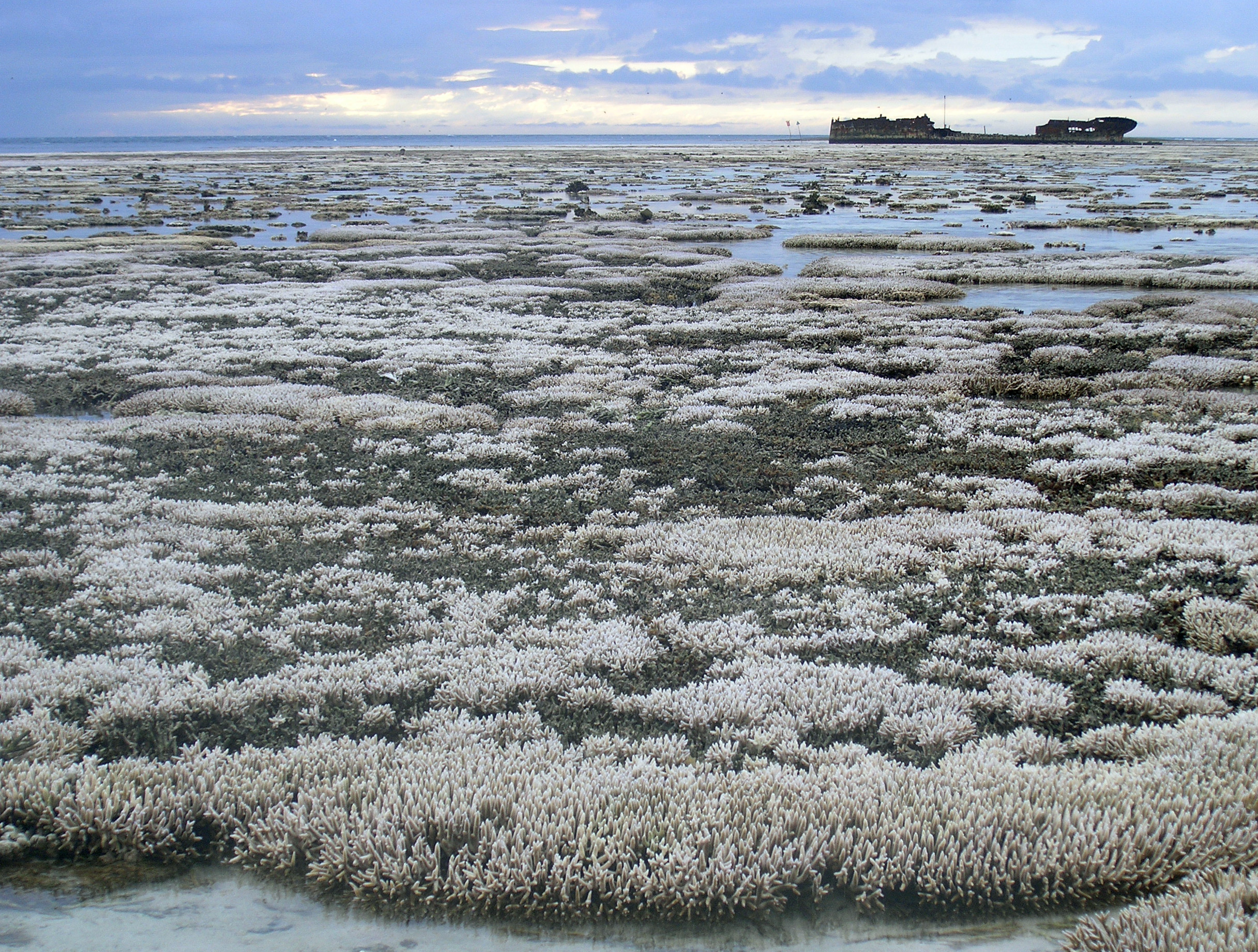
The BBC recaps the bad news: “Unprecedented coral bleaching in consecutive years has damaged two-thirds of Australia’s Great Barrier Reef, aerial surveys have shown. The bleaching – or loss of algae – affects a 1,500km (900 miles) stretch of the reef, according to scientists.”
Launch
Al Gore is back! Watch the new trailer for An Inconvenient Sequel: Truth to Power, the sequel to An Inconvenient Truth. In theaters July 28,
Launch
Excerpt from a letter to Donald Trump from attorneys general representing New York, California, Hawaii, Iowa, Illinois, Maine, Maryland, Massachusetts, New Mexico, Oregon, Rhode Island, Vermont, Virginia, Washington, the District of Columbia, Boulder (CO), New York City, Broward County (FL), and South Miami (FL).
Launch
Via the BBC: “Temperatures at the North Pole could be up to twenty degrees higher than average this Christmas Eve, in what scientists say is a record-breaking heatwave.” Science reporter Victoria Gill has more.
Launch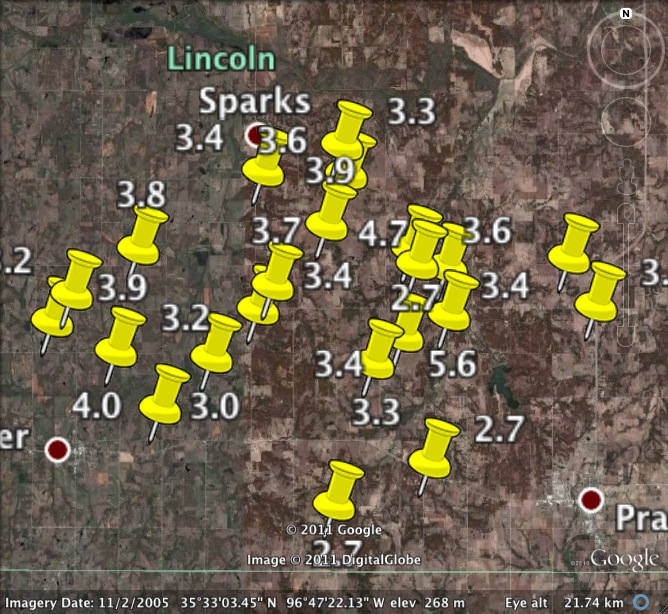
A strong earthquake has caused serious damage in the central Oklahoma oil town of Cushing, which is home to the United States’ largest commercial oil
Launch
Negotiators representing most of the world’s nations have agreed to a new legally binding accord that would significantly cut down on use of hydrofluorocarbons, a chemical coolant used in air conditioners and refrigerators. HFCs are a highly potent heat-trapping gas, considered to be a thousand times as potent as carbon dioxide. The new accord is an extension of the landmark Montreal Protocol negotiated in the 1980s, which phased out ozone-depleting CFCs (chlorofluorocarbons).
Launch